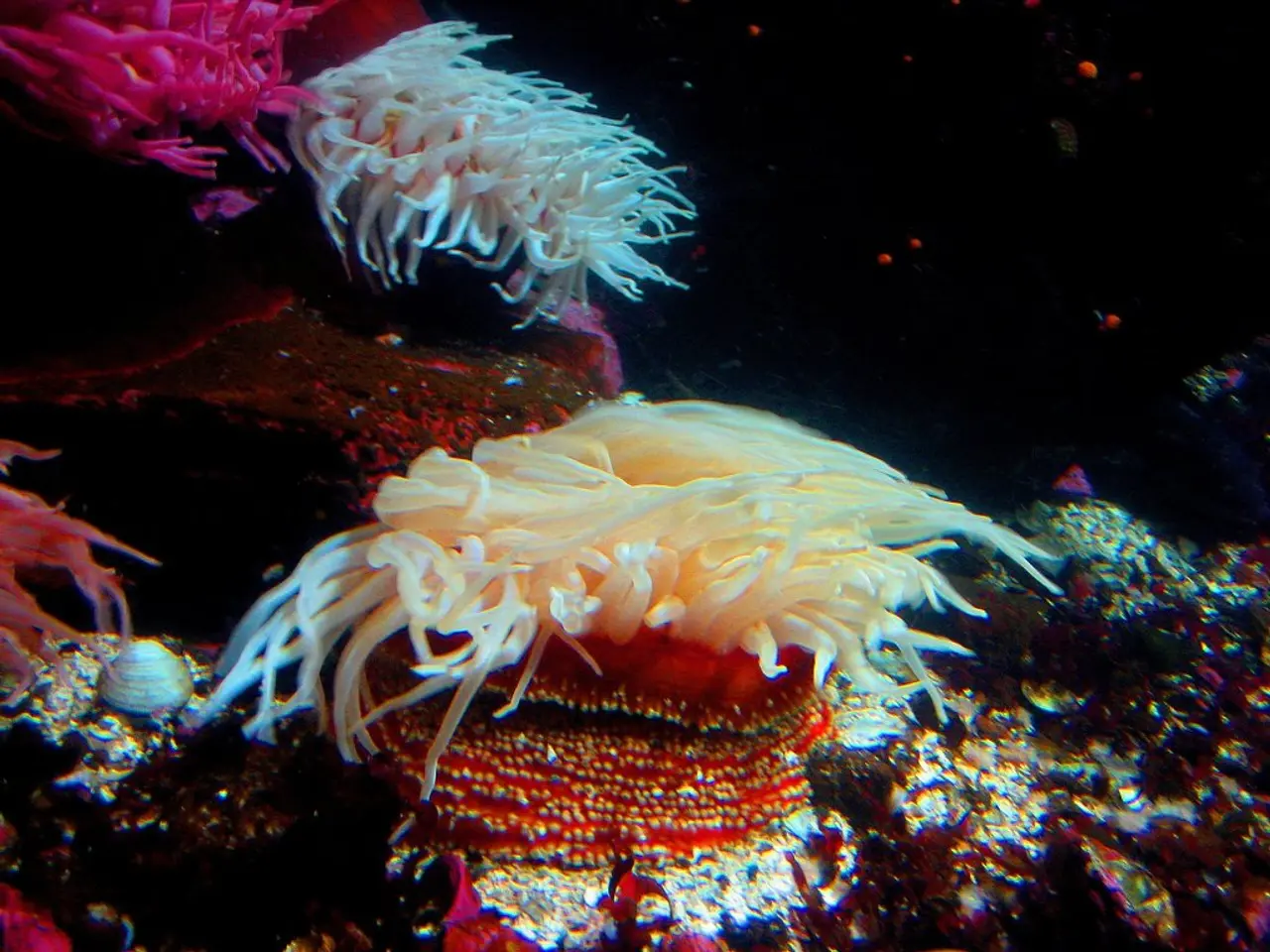Global study reveals disparities in coral reef research undermine international scientific cooperation
In a recent study published in NPJ Ocean Sustainability, researchers have highlighted an imbalance in the field of coral reef science, with a dominance of researchers from high-income countries. This disparity, they argue, has significant consequences for scientists and conservation efforts in tropical, lower-income nations.
The study reveals that while these nations host the most biodiverse coral reefs, they often lack the financial and institutional support needed for large-scale, long-term studies and advanced ecological monitoring. High-income countries, on the other hand, provide more funding for marine science, leading to a disproportionate number of influential research projects and publications.
One of the main reasons for this imbalance is the location of coral reefs. While biodiversity hotspots like the Coral Triangle in Southeast Asia and coral-rich Pacific Islands lie predominantly in lower- and middle-income tropical countries, these nations often lack the resources needed for extensive research programs.
Another factor is funding and infrastructure. High-income countries typically provide more funding for marine science, advanced lab facilities, and technology, enabling more extensive research programs and collaborations. Researchers from wealthy countries often lead or initiate projects, even in tropical regions, due to access to these resources.
Global scientific collaboration networks and publication access also play a significant role. Well-funded researchers from high-income nations tend to dominate academic journals and international conferences, creating barriers for scientists from tropical nations to publish or gain recognition. This indirectly shapes research agendas and priorities.
The effects on tropical, lower-income researchers are far-reaching. They often participate as local collaborators or data collectors but have fewer chances to be principal investigators or authors on influential papers, reducing their visibility and career advancement. This underrepresentation can lead to knowledge and conservation gaps, as local expertise and perspectives may be underutilized, and conservation strategies may be less suited to local contexts or fail to empower regional stakeholders fully.
The financial and technical constraints also limit training, technology transfer, and building local marine science communities, perpetuating dependence on foreign expertise.
To address this imbalance, the study recommends several measures. It calls for scientific journals to waive publishing fees for researchers from Global South countries, make language accommodations, diversify their editorial boards and peer-review positions. The study also emphasizes the need for "long-term, locally led research infrastructure."
Moreover, the study calls on the research and conservation community to center equity in ocean governance, decolonize related research, and empower the "tropical majority," that is, ocean-dependent people in low- and middle-income countries of the tropics. It also highlights the need for traditional and local knowledge to be adequately valued in coral reef science, as leaving it out makes research weaker.
Finally, the study calls for change among publishing agencies to diversify their editorial boards and peer-review positions. It found that the lead author of 76% of the analyzed scientific papers in the field were from institutions in high-income countries, with the United States and Australia being the most frequently represented. The authorship analysis revealed that less than .05% of the first authors were from low-income countries.
In conclusion, despite being custodians of some of the world's richest coral ecosystems, researchers in tropical, lower-income countries face significant structural disadvantages in coral reef science. Addressing this imbalance requires increased investment, capacity building, equitable partnerships, and open access to scientific resources for tropical nation scientists to ensure optimal local coral reef conservation and sustainable management efforts.
[1] Coral reefs in Southeast Asia [2] Coral reefs in the Pacific Islands [3] Global marine science funding [4] Parachute science in coral reef research [5] Global scientific collaboration networks
- The study emphasizes that regions like the Coral Triangle in Southeast Asia and the coral-rich Pacific Islands, known for their high biodiversity, often lack sufficient financial and institutional support for large-scale, long-term coral reef studies, despite being host to most biodiverse coral reefs.
- The dominance of high-income countries in global marine science funding creates a disproportionate number of influential research projects and publications, making it challenging for researchers in tropical, lower-income nations to gain recognition and advance their careers.
- The study suggests that global scientific collaboration networks, such as academic journals and international conferences, are often dominated by well-funded researchers from high-income nations, indirectly shaping research agendas and priorities, and potentially leading to knowledge and conservation gaps.
- High-income countries' provision of funding, advanced lab facilities, and technology enables more extensive research programs and collaborations, potentially perpetuating the disparity in coral reef science.
- To ensure optimal coral reef conservation and sustainable management efforts, the study calls for increased investment, capacity building, equitable partnerships, and open access to scientific resources for tropical nation scientists, as well as the diversification of editorial boards and peer-review positions in publishing agencies.




